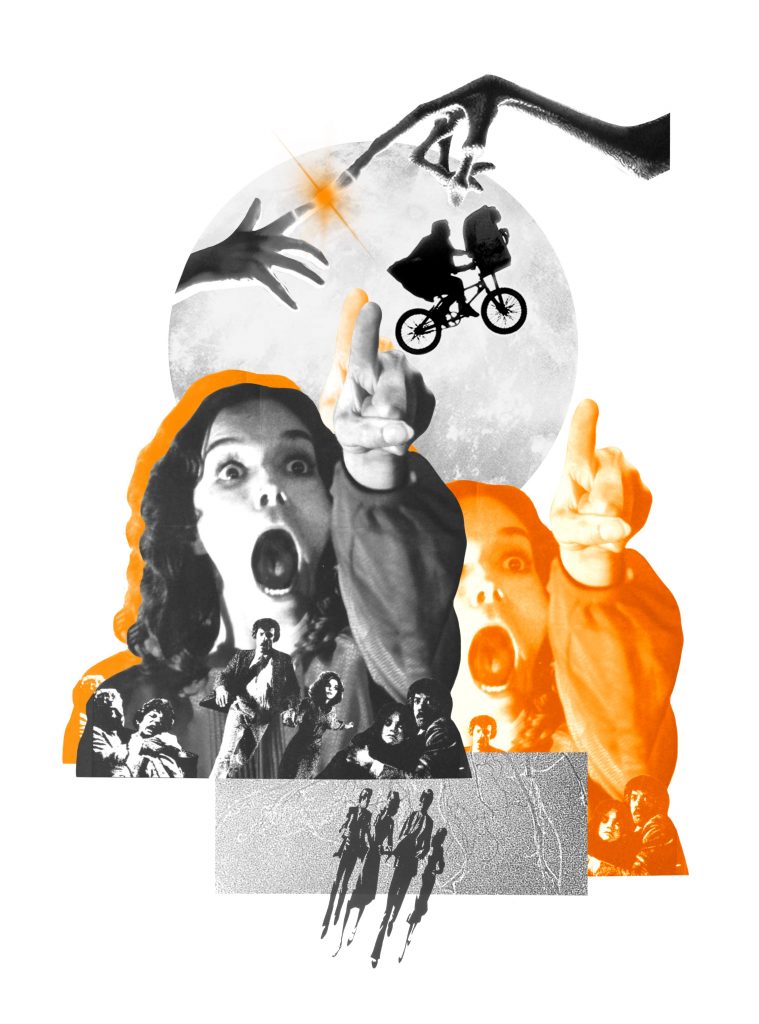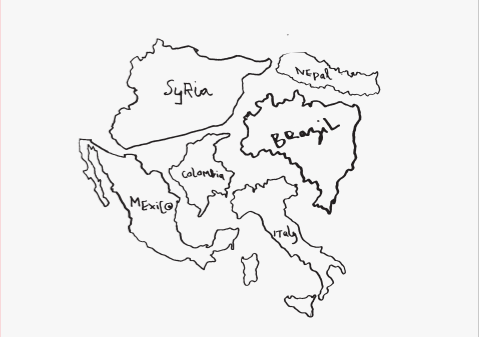
For the past year, the Porch Writers’ Collective has sponsored a series of creative writing workshops for immigrants and refugees in Nashville. The participants have written fiction, memoir, and poetry—pieces that are inspiring, funny, insightful, and devastating. The writers have come from many different countries, for as many reasons: for education, for opportunity, for safety, for love. They write because they have stories to tell, because creating art is a fundamental human desire, and because no one else can write quite like they do. It’s been a privilege to lead these workshops, to get to know these writers and their work, and now to introduce their writing in the pages of this magazine.
—Anna Silverstein
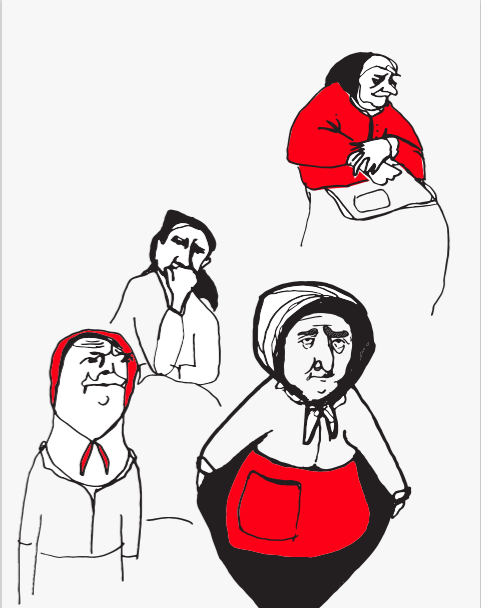
“Destination” by Tarek Al Hamami, Syria
My story starts in Damascus, Syria. I didn’t have a choice where it began, just like I didn’t have a choice what my religion was, what my family was like, or if I was circumcised or not. At seventeen I landed at JFK; Brooklyn was the destination. My first night lying in bed with no war noise outside took a minute to process. The next morning I went to work and I met the first Jewish person in my life. It was the total opposite of what we were taught in school back home. Man, was he cool—he spoke Arabic with a Syrian accent, and that changed my perspective on so many things. How can we judge something without experiencing it fully?
The South was next. Destination: Nashville. It was nice, but boy, does the public transportation suck. I don’t think I had culture shock from Damascus to Brooklyn, but definitely from Brooklyn to Bellevue.
People often ask me, “Where do you call home?” So far, I haven’t found an answer and might never find one. I’ve heard that once you leave home, especially if staying wasn’t an option, there’s no place called home anymore—even home itself.
“Bruna” by Viviana Luison, Italy
Her name was Bruna and nobody remembered her last name.
There were other Brunas around, all mentioned with their husband’s last name, like Mrs. Bruna Bianchi, or associated with their parent’s name, like Bruna Zorzi, daughter of Mario Zorzi.
Only one person was known as “the Bruna.”
She had always been old, even when the old people in town were young.
A character of mystery. No one really knew where she came from or what family she belonged to, but she surely knew everything about everyone, and like a radio broadcaster transmitted her information.
She wasn’t a big woman by stature but by personality. Her piercing black eyes could spot you from a distance, knowing what time you had come home and what boy was in your car.
Her skin was dark and weathered by work outdoors, tending plants and animals, and from barely bathing.
She owned just one set of clothes: a long black skirt, shoes showing her crooked toes, a green shirt with rolled-up sleeves that came down for winter, an apron with a front pocket. Anything could come out of it: a sharpened knife, feet of a chicken, fresh strawberries, or a paper with someone’s name in case you randomly needed a recommendation for a carpenter.
Bruna left an indelible imprint in my childhood memory, and when I go home, I still expect her to exit her door and with her toothless grin, yell: “Home for two weeks, aren’t you, kid?”
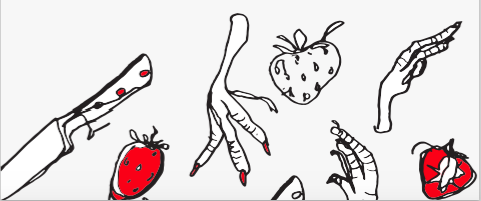
“My Mind” by Sheyla Zito, Brazil
My mind is the equivalent of having baskets and baskets of dirty clothes spread all over the living room floor, the dog walking around, stepping on them, the microwave screaming to remove whatever is inside, the doorbell and the telephone ringing, all at the same time. That is my perfect state of mind to start writing.
I sit in my sacred place, my sanctuary. I grab my computer and start typing. Not afraid of what is coming. Little by little, words appear. I don’t think about what I am writing. I just type. My mind guides me, my fingers obey; they seem to work perfectly together. Little by little, the clothes start to group by color and move to the laundry room, the dog lies down in her bed, all the sounds silence in my mind and even the real ones become mute.
Writing has become my safe place. The place where I have some kind of control. I don’t know what I will produce, only that I will start and surely something will come. Probably not what I anticipated or what I was thinking about before, but what I was supposed to write all along and did not know yet.
“A Hidden World” by Karla Vazquez, Mexico
I came into seventh grade ready to start my new American life, only to find that the movies, music videos, and celebrity shows had lied! My first class in America was in a trailer classroom with forty students from all over the world. I had never seen so many beautiful people who spoke so many languages. In that little trailer classroom I met kids from Iran, Cuba, Honduras, Ethiopia, Kurdistan, and Laos.
Once I attended non-ELL classes, I discovered that Americans came in all colors too. I met black Americans, white Americans, and Mexican Americans who looked like me. I learned the difference between blondes and brunettes, that people in the United States listened to rap, hip-hop, reggaeton, cumbia, bachata, rock, and, of course, country music. The real United States was more than what the dull, colorless movies had shown. I was introduced to a country of people from different walks of life, faiths, and cultures, all here to pursue the American dream. They came because they, their parents, or their ancestors heard of a land of opportunity where they could prosper and create a better future for their children. The United States was the land of all people, and I was excited to live in a place with such rich culture that is so often hidden from the outside world.
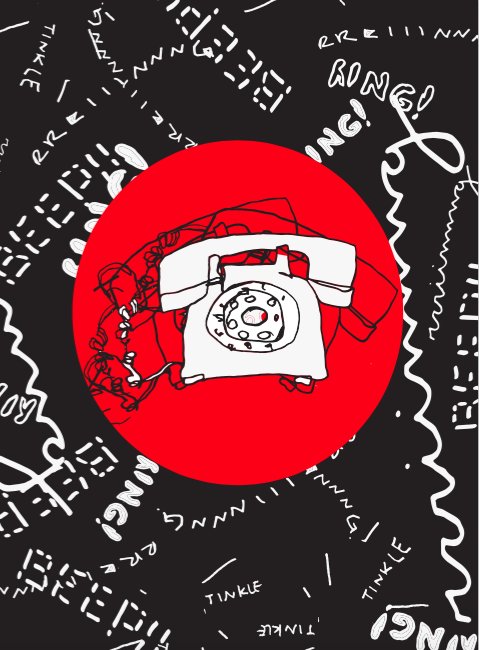
“Learning to Live” by Dikshya Bastakoty, Nepal
Neera sat at the window, sipping coffee and watching the pigeons pick at the grains of rice she had left out on the terrace for them. For the first time in more than thirty years, she had nobody to cook for or take care of. Her time was truly hers. Since getting married at age twenty-five, she had taken care of her husband, raised four children, and then cared for her aging parents. Now, with children grown and in foreign countries, parents and husband gone, she was free of all the responsibilities that she had borne—sometimes grudgingly—all those years.
Now that she had the time to rekindle old interests, nothing struck her fancy. Neera had read a lot when she was young, but no particular book excited her now. She had been a good swimmer, but that too had been years ago. She had loved traveling, but that felt intimidating now. Everything seemed too adventurous, too foreign, too unusual.
She had thought her grief was over losing her mother—it had only been a few weeks since her mother had passed after a long, difficult fight with cancer—but as she went through her old pictures and remembered the forgotten dreams, she realized she was really grieving for herself. Surrounded by loved ones, she had lost herself. She had forgotten how to live for herself, and now at the age of fifty-two, she had to learn to live, again.
“Scratcher” by Silvia Buttazzoni, Italy
“Move forward,” the security cop said. At the time, I didn’t know what that meant and just stared at him. It was my fourth flight that day with my two cats. I was exhausted, and the cats were terrified after hours in the cargo bay with noise, cold, and big dogs. They didn’t know what was happening or what to expect.
But now we had finally landed in the United States of America. A new life adventure was about to start for us. It still felt like yesterday that my husband and I had gone to the shelter in Cordenons, a small Italian village close to the Alps. I had pressed him about getting a cat for months, and finally he surrendered. I couldn’t believe it was really happening when the shelter assistant put that tiny black furry creature in my hands. On the way back he earned his name, giving me the cutest little scratch of my life.
Years have passed, a million memories along the way. It has been devastating to say goodbye. Things can’t last forever, but that doesn’t mean they are not worth living. I would pick Scratcher over and over even if I still have a bitter taste in my mouth. But I will continue the adventure we started together.
“Different, Yet the Same” by Marcela Pinilla, Colombia
When I first started traveling with my band in 1996, I noticed differences. In Colombia, I had grown up believing that what I knew was the absolute truth. Then I found myself on the other side of the world. Spicy food, prayer chants early in the morning, women covered head to toe.
It was in Singapore that I realized how similar we all are and that deep inside we want the same things. We try to do what is best for our families. We want to be healthy, wealthy, and, hopefully, wise. We want friends and to be loved and respected. We love weekends, and no matter the language, we have an expression for “Argh, it’s Monday.”
I found the same in Colombia, Indonesia, Brunei, Dubai, France, Spain, and the United States. We have family, dreams, and friends, and we grind, love, and hope for the best. Is it perfect? No! But it is life and we are living it.
I’m grateful for these experiences, for now, as a US citizen, I can enjoy our sameness as well as our differences. Diversity makes us stronger. I love calling Nashville home. There’s music, culture, and delicious food from many backgrounds, but most of all, it’s about the people: thriving along with a city we are building together with bright ideas and talent from everywhere.
Suggested Content
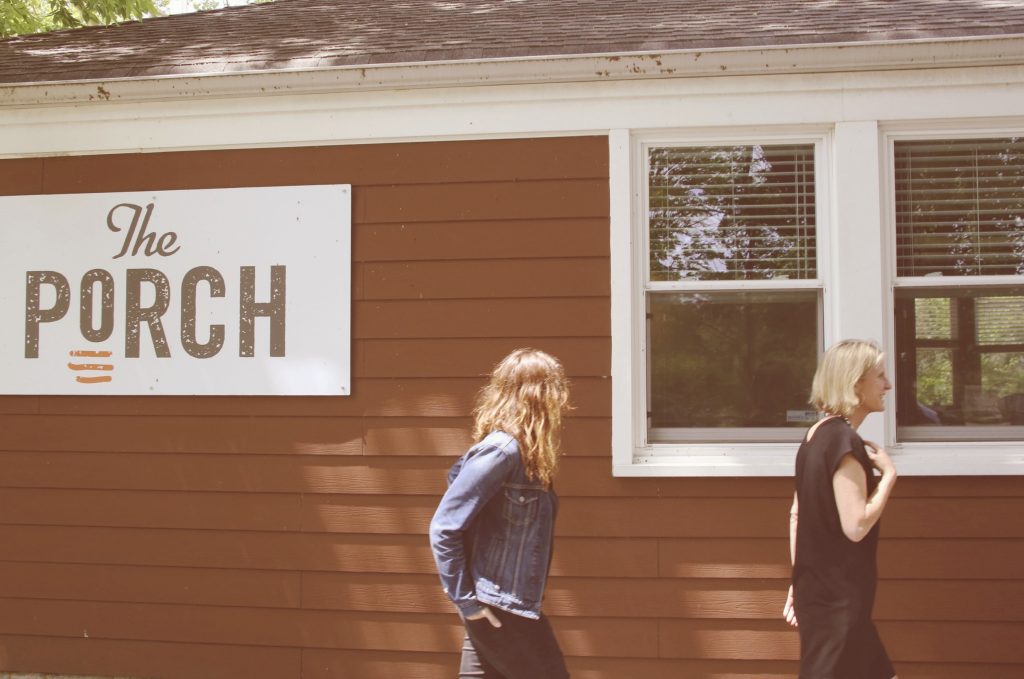
Write All About It
How literary nonprofit The Porch is giving local writers the tools—and the confidence—they need to share their stories
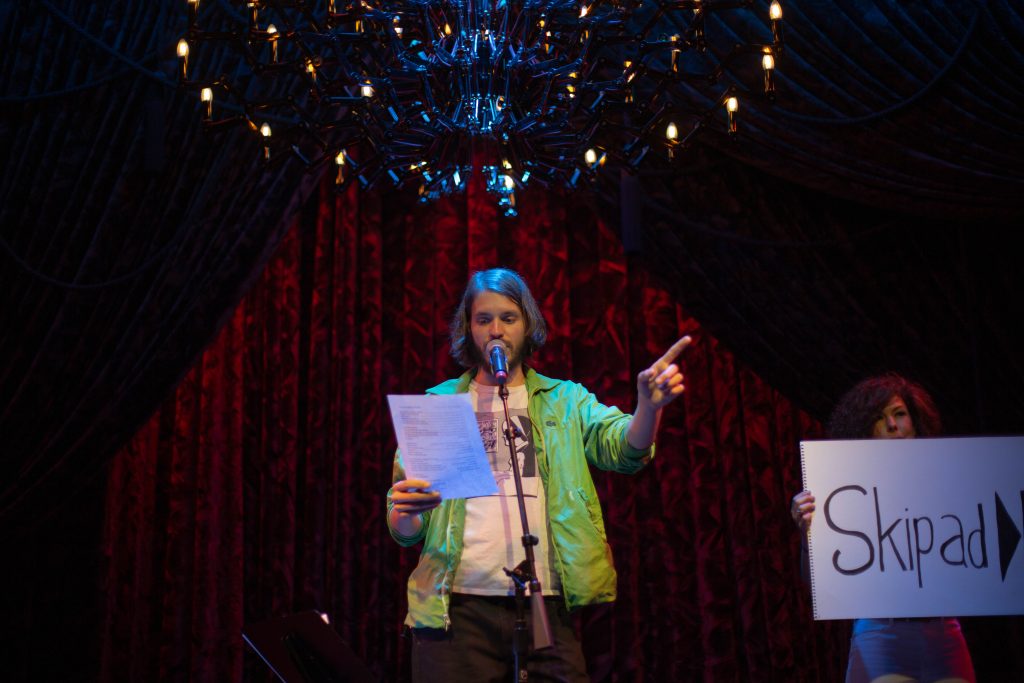
PHOTO RECAP: Lit Party
We went to the Lit Party on Wednesday night at the Analog at Hutton Hotel. Here's what we saw.

